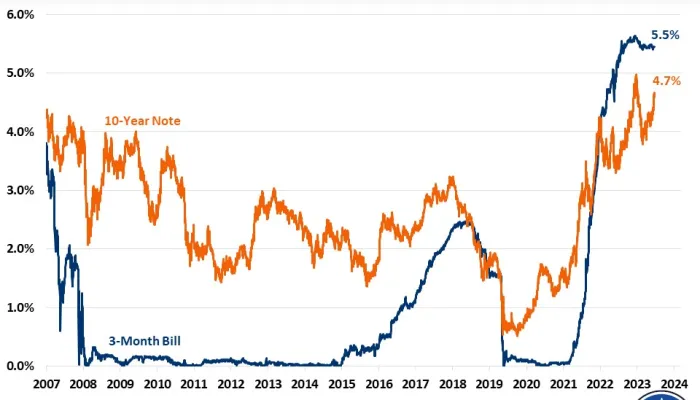Deficit Hawks Love their Cake
Over the weekend one of our favorite bloggers, EconomistMom, joined an important discussion prompted by a Stan Collender blog that called out deficit hawks for what he implies is a single-minded aim to “reduce the federal deficit at all times no matter what.”
We were glad for the opportunity to highlight the fact that while we fall solidly into the camp that believes deficit reduction is a necessary and noble goal, we also include ourselves in the camp that believes that from time to time some deficit spending may be necessary to right the fiscal ship, or to simply keep the economy from falling off a cliff. In addition to our initial post on Stan’s blog touting our consistency on the issue, we pointed in particular to our recent paper, Good Deficit Bad Deficit for specifics about our work in this area.
EconomistMom takes a similar opportunity prompted by a recent and related post over at the New York Times' economics blog to represent her organization’s position on the issue.
So in that spirit of defensiveness and on behalf of my employer, the Concord Coalition, let me chime in with my own “Huh?” Certainly the Concord Coalition does not “perpetuate” that “false dichotomy” between the goals of short-term economic stabilization and those of longer-term fiscal responsibility–because we do not believe those goals are mutually exclusive. As we wrote in a Concord issue brief a year ago (emphasis added):
[T]he Obama administration and Congress should pursue a recovery strategy that combines:
1. Deficit spending in the short term on policies that will quickly stimulate consumption, create jobs, or provide assistance to cash-strapped households;
2. Critical public investments over the longer term that will ultimately increase our nation’s productive capacity; and
3. A long-term fiscal sustainability strategy focused on reforming health care, Social Security and the tax system.
Stan has prompted a constructive debate on the role of true deficit hawks in these unprecedented economic times. As we wrote in April:
The United States is on an unsustainable long-term debt path. Debt held by the public will likely amount to more than 50 percent of GDP this year, the highest rate in more than 50 years. The debt burden is then projected to head into uncharted territory, with the debt burden projected to reach 170 percent of GDP by 2040 — over one and a half times the World War II peak of 109 percent…
Nonetheless, many experts support the use of heavy borrowing to help manage the current economic and financial crisis…In all likelihood, even more money will be spent before the economy and financial sector recover…Determining when deficit financing is appropriate is a key component in developing a responsible fiscal policy. This paper examines why a large temporary increase in the deficit is necessary now, but running large, permanent deficits will be dangerous in the medium to longer run as the economy recovers.
To wrap up and get back to EconomistMom’s point, “Yes, Deficit Hawks CAN Have Their Cake and Eat It, Too,” as she concludes, “you just have to have a plan for both” – needed stimulus now, and a medium- and longer-term plan for getting to fiscal sustainability.
We would go further, though -- you need to announce the plan. This could have an immediate positive impacts on the economy, and send important signals to world markets about this country’s commitment to return to fiscal sustainability. If the announcement is credible, it can buy us time to stimulate the economy as needed, without a backlash from the bond market. We will be writing more on this “announcement effect” soon.


